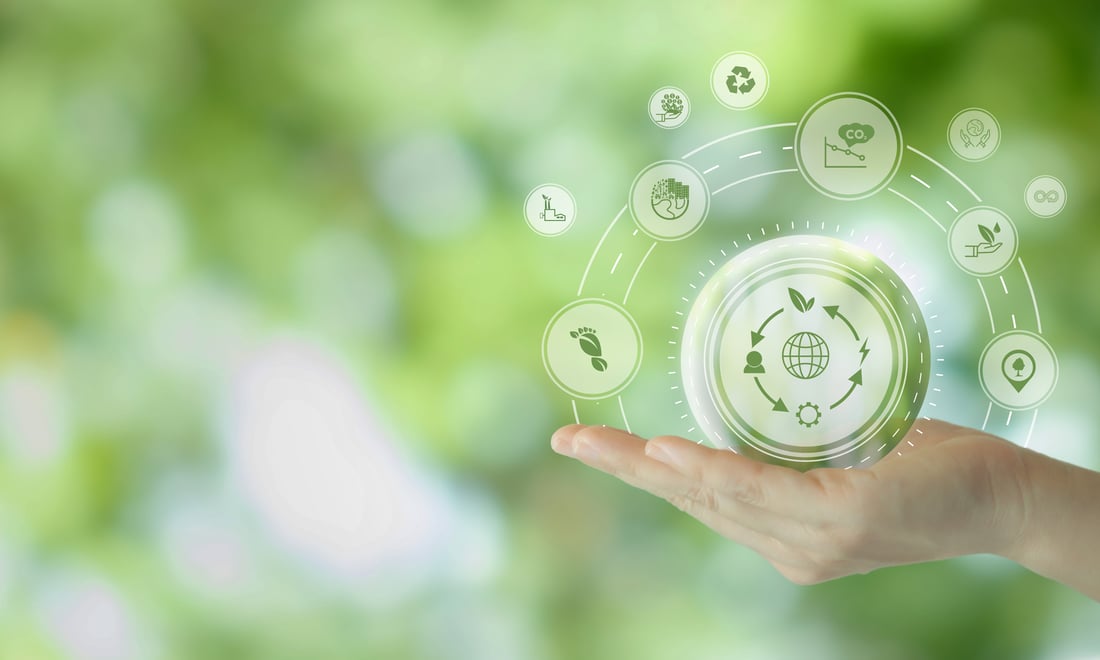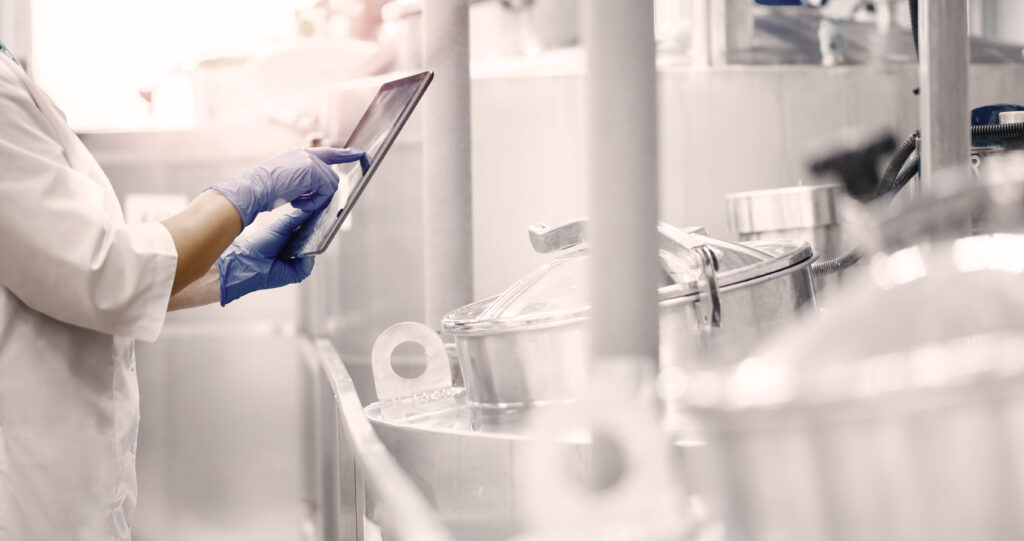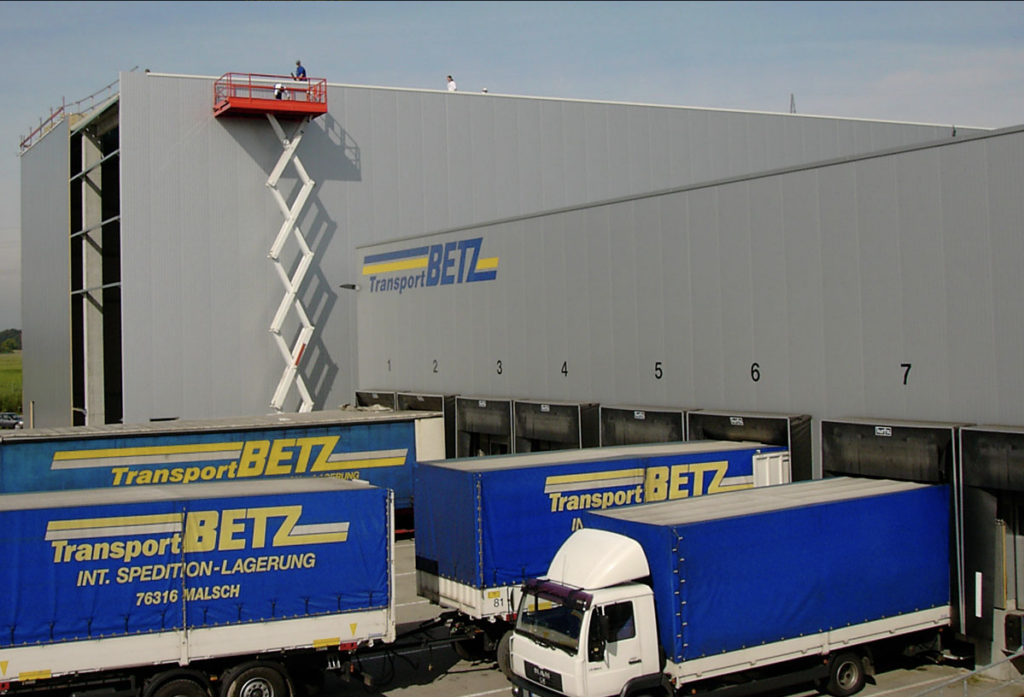
Digital technologies are key to changing processes in the food and beverage industry in the long term. As a central hub, ERP systems in particular can make a significant contribution to reducing CO2 emissions.
Although the food industry is heavily affected by the consequences of climate change, it is also part of the problem itself: almost a third of global greenhouse gas emissions are caused by the production of our food. So it cannot be denied that there is a need for action here. At the same time, pressure from consumers is increasing. This is because they are attaching ever greater importance to where products come from and how they are produced. According to a recent study by management and strategy consultants Deloitte, 63% of consumers still consider sustainability to be fairly or even very important in their purchasing decisions, despite all the crises. 23 percent of study participants even stated that they buy more sustainable products than in the previous year. Food manufacturers who want to remain competitive therefore need to rethink. Not only to minimize risks, but also to use the topic of sustainability as a driver for quality and innovation.
ERP systems are an important lever here. They make it possible to digitalize a company's processes to a large extent and thus save time and, above all, valuable resources. Key starting points include
- Intelligent planning, sustainable productionAround 1.3 billion tons of food are thrown away worldwide every year, 12 million tons in Germany alone. To curb this waste, ERP systems offer special planning and forecasting applications. These ensure that only the quantities of a product that are actually needed are produced. The production processes themselves can also be controlled with the support of machine learning so that only a small amount of waste is produced.
- Detecting faults before they occurPredictive maintenance of machines makes it possible to use algorithms and sensors to continuously monitor and analyze measurement and production data from machines and systems in order to predict potential faults and proactively plan maintenance times. Machines are thus optimally utilized and have a longer service life.
- Complete traceability of preliminary productsWith ERP systems, all flows of goods can be tracked and controlled transparently. Raw materials such as fruit, vegetables and cereals can be traced from the harvest to the end customer using unique codes. Information about all players involved in the supply chain not only ensures food safety and thus confidence in the goods, but also enables the manufacturer to source certain resources from suppliers with a particularly small carbon footprint.
- Combining deliveriesAn ERP system also ensures efficiency in scheduling, warehouse management and purchasing, thereby protecting the environment and climate. Depending on the order situation and stock levels, the company software can automatically determine optimal order times and order quantities so that, for example, climate-damaging individual deliveries no longer need to take place.
- Operating IT in the cloudThe central operation and air conditioning of servers and storage in large data centers is generally more efficient than if each company operates its own infrastructure. The cloud also makes it easier to link processes across companies, for example along the supply chain. What's more, the cloud allows employees to work from any location. This saves long distances, valuable time and ultimately CO2.
- Efficient use of computing capacityUsing computing and storage power efficiently and/or relying on energy-efficient computer architectures (e.g. ARM) saves energy. Shared infrastructures, for example, ensure that computing power that is not required can be used by others. Integrated, modular ERP systems also prevent redundant data storage in distributed applications and thus make a further contribution to saving energy.
- Saving paperThe production of paper requires enormous amounts of water, energy and chemicals. ERP systems offer document management modules with which a large proportion of company processes can be handled digitally. Whether orders, quotations or invoices - all documents are recorded, assigned and booked centrally. Even invoices are sent digitally, eliminating the need for expensive and environmentally harmful letter post.
- Proving sustainabilityFrom 2024, the EU wants to oblige all companies with more than 250 employees to regularly publish a sustainability report. Here, too, an ERP system proves to be a great help: because if you want to determine your carbon footprint, you need correct and complete data on almost all areas of your company. For this purpose, the market offers CO2 management software which, in conjunction with an ERP system as a backbone, makes it possible to track and document CO2 emissions along the entire value chain.
Climate protection pays off
ERP systems certainly cannot solve the climate problem. But they can help food manufacturers to reduce their resource and energy consumption and thus improve their carbon footprint. This not only helps the environment, but also increases the company's profitability. And, incidentally, sustainable business practices are also rewarded by consumers. So it's a win-win situation in every respect.


